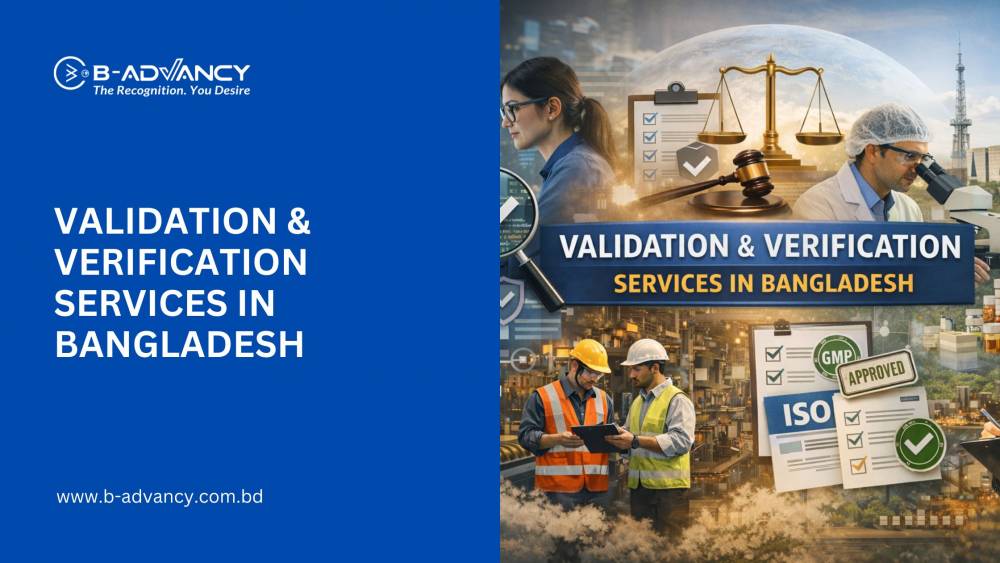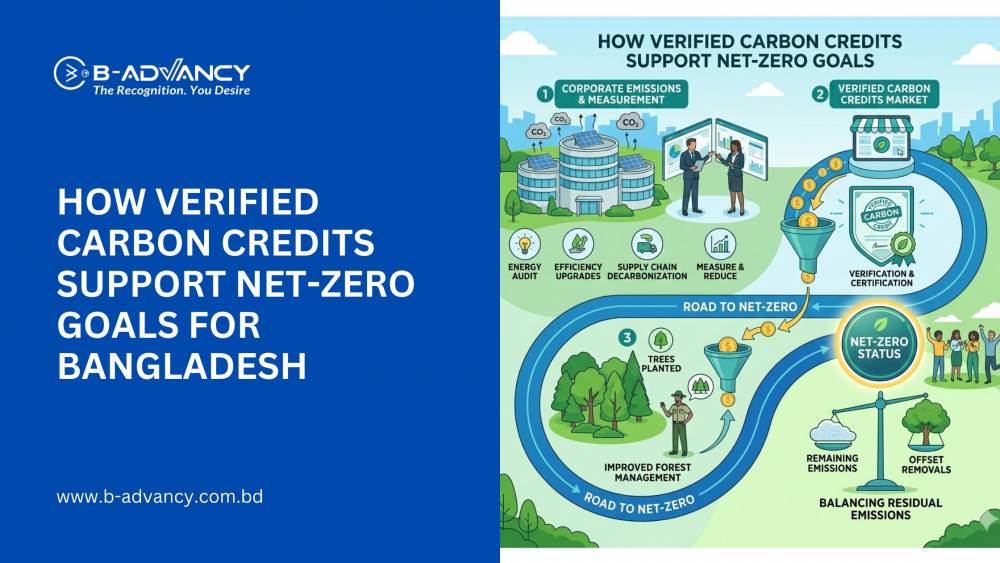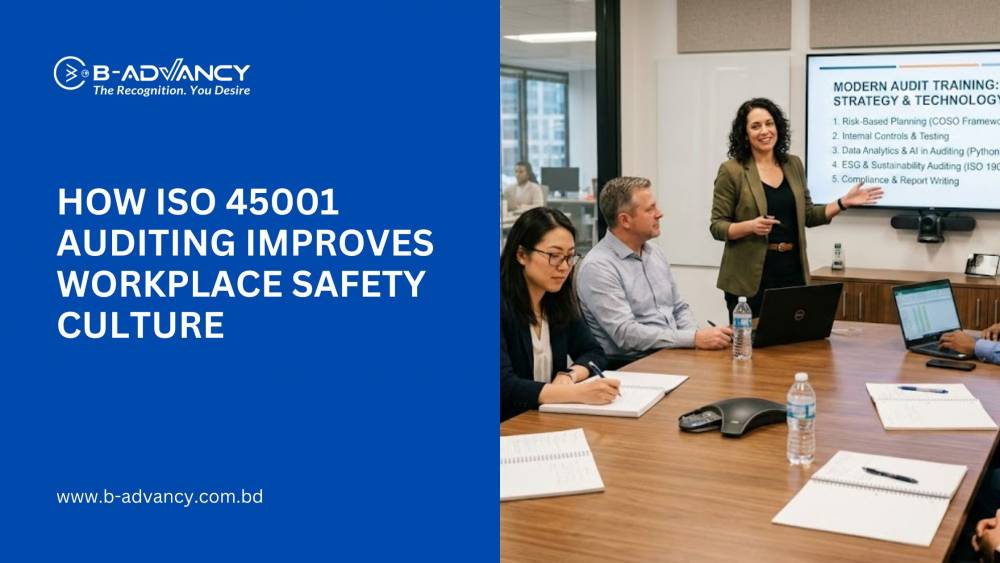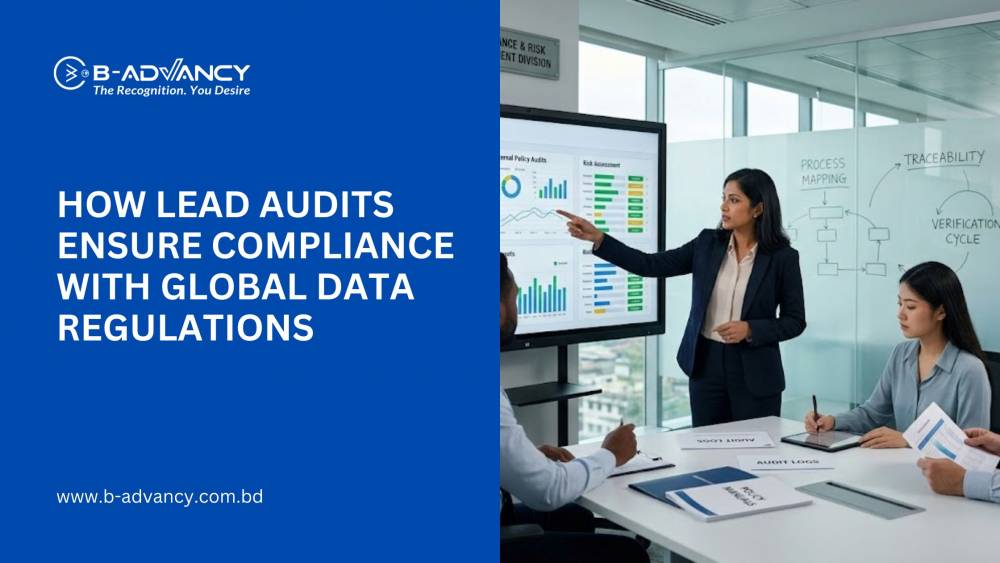The paper industry plays a vital role in Bangladesh’s economy, contributing significantly to various sectors such as education, packaging, and publishing. As sustainability, quality, and environmental responsibility become increasingly important, ISO certification offers a framework for improving operational efficiency and meeting international standards. This blog will explore the importance of ISO certification for paper mills in Bangladesh, its benefits, the relevant rules and regulations, and how you can begin your certification journey with B-ADVANCY Certification Limited.
What is ISO Certification and Why is it Important for the Paper Industry?
ISO certification is an internationally recognized standard that helps organizations meet quality, environmental, and safety benchmarks. For paper mills, ISO certification ensures that operations are efficient, environmentally friendly, and compliant with global standards. In a market driven by sustainability and resource conservation, obtaining ISO certification can significantly enhance a paper mill’s reputation and operational effectiveness.
The paper industry in Bangladesh faces several challenges, including resource management, environmental concerns, and quality control. By adopting ISO standards, paper mills can streamline processes, reduce waste, and improve the overall quality of their products.
Key ISO Standards for Paper Mills
Several ISO standards are particularly relevant for the paper industry:
1. ISO 9001:2015 – Quality Management System
This standard focuses on maintaining consistent product quality, improving customer satisfaction, and enhancing operational efficiency. For paper mills, ISO 9001 ensures that each production phase is optimized, reducing waste and defects.
2. ISO 14001:2015 – Environmental Management System
ISO 14001 emphasizes sustainable practices and efficient resource use. Given the environmental concerns surrounding deforestation and water usage in paper production, this certification is critical for demonstrating a commitment to environmental responsibility.
3. ISO 45001:2018 – Occupational Health and Safety Management System
Ensuring the safety of employees in hazardous work environments like paper mills is paramount. ISO 45001 provides guidelines to mitigate risks, reduce workplace accidents, and create a safer work environment.
4. ISO 50001:2018 – Energy Management System
ISO 50001 helps organizations manage their energy consumption efficiently, leading to cost savings and reduced environmental impact. Energy efficiency is essential in paper mills due to the high energy demands of production processes.
Benefits of ISO Certification for Paper Mills in Bangladesh
1. Enhanced Operational Efficiency
By implementing ISO standards, paper mills can streamline their production processes, reduce waste, and improve overall efficiency. This leads to cost savings and increased profitability.
2. Improved Product Quality
ISO certification ensures that paper mills produce high-quality products that meet international standards, enhancing customer satisfaction and reducing the risk of product defects or recalls.
3. Environmental Responsibility
With increasing awareness of environmental concerns, ISO 14001 certification helps paper mills demonstrate their commitment to sustainability. This is particularly important in reducing the industry's carbon footprint and managing waste effectively.
4. Health and Safety Compliance
Implementing ISO 45001 improves workplace safety, reducing the likelihood of accidents and fostering a safer working environment. This leads to higher employee morale and productivity.
5. Access to Global Markets
ISO certification enhances a company’s reputation and demonstrates adherence to international standards. This opens up opportunities for Bangladeshi paper mills to export their products to global markets, giving them a competitive edge.
Bangladesh Rules and Regulations Regarding ISO Certification
In Bangladesh, the government recognizes the importance of adhering to international standards like ISO to ensure quality, safety, and environmental responsibility. The Bangladesh Standards and Testing Institution (BSTI) oversees the formulation and promotion of standards in various industries, including paper production.
The paper industry is also regulated under environmental laws, such as the Bangladesh Environment Conservation Act, 1995, which mandates sustainable practices and proper waste management in industrial sectors. Paper mills, as significant contributors to environmental challenges like deforestation and water pollution, must align with these regulations to avoid penalties and improve their sustainability efforts.
For more information, visit the official websites of:
Steps to Achieve ISO Certification for Your Paper Mill
1. Initial Assessment and Gap Analysis
Evaluate your current practices and identify gaps in relation to ISO standards. This helps pinpoint areas needing improvement.
2. Develop and Implement Management Systems
Develop a robust management system based on ISO guidelines, focusing on quality, environmental, health and safety, and energy management.
3. Internal Audits and Management Review
Conduct regular internal audits to ensure your systems comply with ISO standards. Management reviews help in making necessary adjustments and ensuring continuous improvement.
4. Select a Certification Body
Choose a reliable certification body like B-ADVANCY Certification Limited to carry out an external audit and guide you through the certification process.
5. Achieve Certification
Upon successful completion of the external audit, your paper mill will receive ISO certification. This demonstrates your commitment to meeting international standards and continually improving your operations.
Challenges in Implementing ISO Standards
1. Resource Allocation
Implementing ISO standards can require a significant investment in resources, including time, money, and training. However, the long-term benefits often outweigh these initial costs.
2. Adapting to Change
ISO certification may require changing established practices, which can face resistance from employees. Ensuring proper training and communication is essential to smooth implementation.
3. Complexity of Compliance
Meeting the requirements of multiple ISO standards simultaneously (such as quality, environmental, and health and safety) can be complex. A structured approach to information management and a dedicated team can help in navigating this challenge.
B-ADVANCY Certification Limited offers expert guidance to help paper mills implement and achieve ISO certification, ensuring a smooth and efficient process. For more details or assistance with ISO certification, contact B-ADVANCY Certification Limited:
-
Email: bangladesh@b-advancy.com
-
Call: +8801612264559
Conclusion
ISO certification is a strategic asset for paper mills in Bangladesh, offering numerous benefits including enhanced operational efficiency, improved product quality, and environmental responsibility. By aligning with international standards, paper mills can improve their market competitiveness, gain access to global markets, and contribute to sustainable development. Though the journey to certification may present challenges, the long-term advantages make it a worthwhile investment for paper mills aiming to thrive in today’s demanding business environment.


30.jpg)



































































































































































































